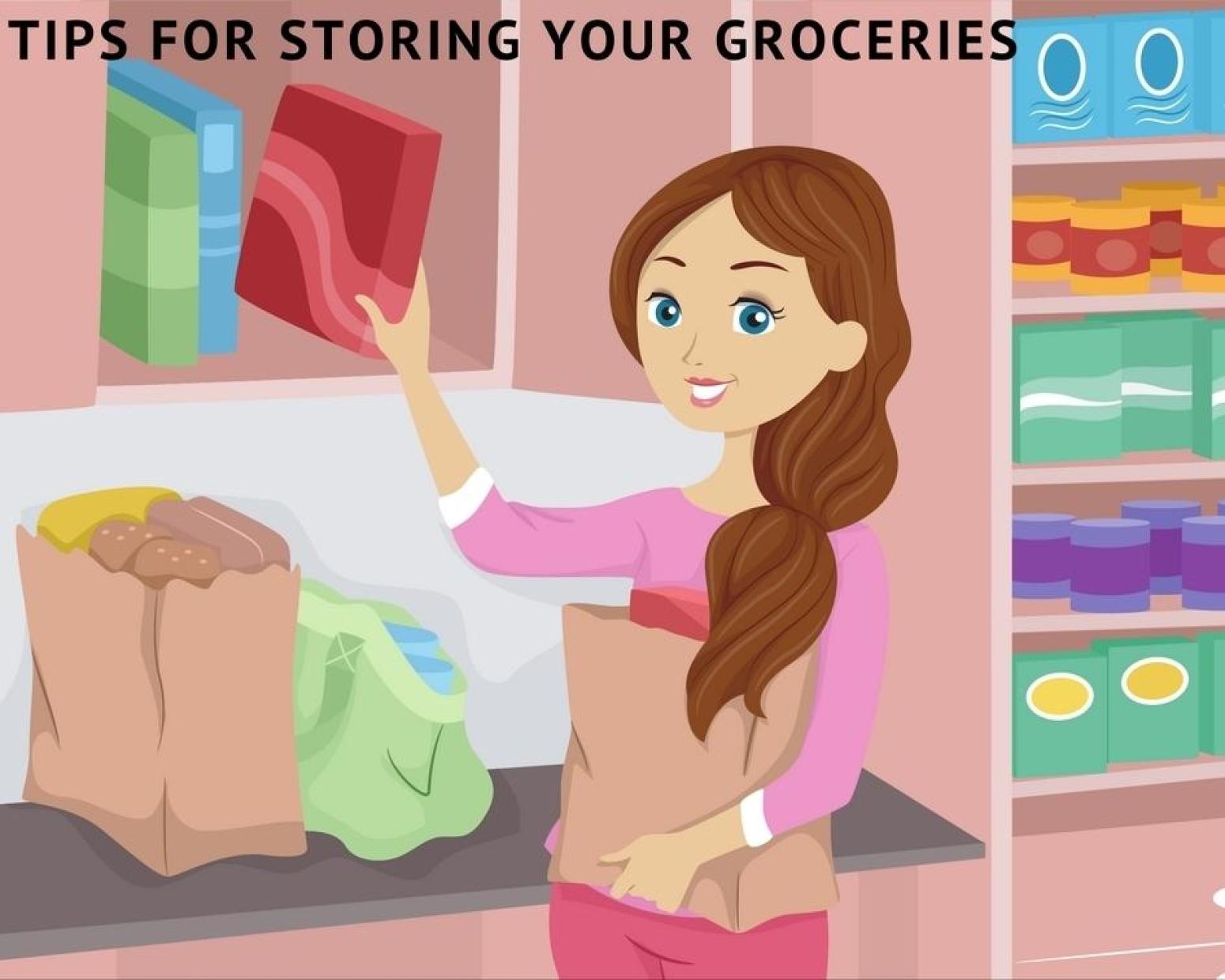There’s nothing more satisfying then opening the fridge (or cabinets) and seeing it full of fantastic food. Gets your taste buds flowing deciding what to create in the kitchen. And, there’s nothing worse than figuring out what you’re going to make, only to realize the star ingredient has gone bad.
But how can that happen since you went shopping only a few days ago? The culprit… not storing groceries properly.
We’ve gathered a few of our favorite tips so you won’t have to throw away food again.
1. Keep foods in the proper area.
Root veggies, garlic, tomatoes, onions, melons, stone fruit, avocado can be stored on the counter. Place foods like meat, fish, dairy, fresh beans, lettuce (and other greens), veggies, mushrooms in the fridge.
2. Limit prepping fruits and veggies.
While it may be a timesaver, try not to slice and dice fruits and veggies too far before you’ll need them. Chopping will make them go bad faster. If you’re not going to use something within a day or so, pop it into a freezer bag and freeze it. Thaw when ready to use.
3. Prep your greens.
Lettuce goes bad quickly. Put your greens in a salad spinner to help get the moisture out. Cover your lettuce with a paper towel and put into an air-tight storage container. The towel will also absorb moisture.
4. Don’t wash fruits before putting into the fridge.
Rinsing fruits makes them damp which, when put into a cool fridge, will cause them to rot faster.
5. Put mushrooms in a paper bag.
Leaving mushrooms in the plastic container they’re packaged in will cause them to rot faster due to the moisture in mushrooms.
6. Avoid direct sunlight.
Anything you store on a counter, like tomatoes, bananas, avocados, stone fruits, etc, should be kept away from direct sunlight. Direct sunlight will cause them to ripen faster.
7. Put plastic wrap on bananas.
If you wrap the crown of bananas with plastic wrap (and keep away from other fruits), your bananas will stay fresh longer.
8. Don’t store onions and potatoes together.
Onions release gasses that can cause potatoes to rot faster. You can store potatoes with apples, however. The apples will help to keep potatoes from sprouting.
9. Keep bread in a cool, dry place.
It’s best to store bread at room temperature and keep it in the original packaging. But, if it’s humid where you live, place bread in the fridge to prevent mold.
10. Place milk in the fridge, not on the door.
While convenient, the best place to store milk is not the door because of the air temperature near the door. Best to store milk at the back of the fridge in the coolest part.
11. Don’t wrap cheese in plastic.
Once opened, wrap cheese in waxed paper before putting into a resealable bag or plastic wrap. It lets the humidity out of cheese.
12. Store herbs in a glass of water.
Herbs, like cilantro, Italian parsley, basil, should be stored upright in the refrigerator. Place in a container, like a small mason jar or empty glass jar, with a bit of water. Cover the herbs with a secured plastic bag.
